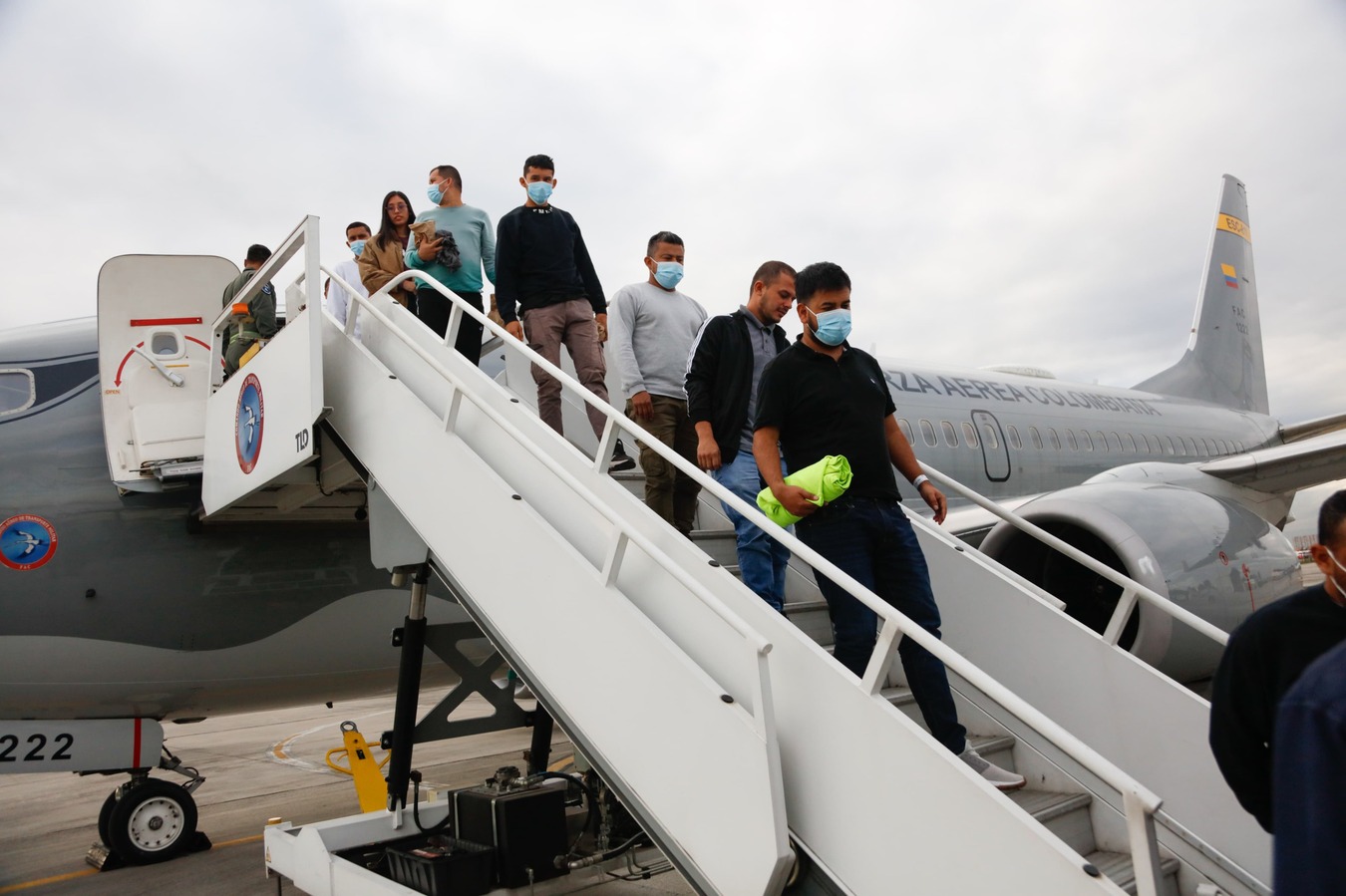Banking on Migrant Money
Banking on Migrant Money
A new survey finds that migrant workers sent over $300 billion in remittances home last year. In the case of Latin America, the relatively low cost of cash transfers serves as a major factor in a high rate of remittance flows. A recent Viewpoints Americas proposes incorporating remittances into a larger model of expanding microfinance services.
Migrant workers worldwide sent home over $300 billion in remittances in 2006, according to a new survey. The figure, more than a third higher than previously estimated, outpaces aid to the developing world by nearly three to one.
Latin America received more than $68 billion in remittances—well over half of what Asian nations received, despite the fact that Asia’s population is more than seven times larger. The study, conducted by the UN International Fund for Agricultural Development and Inter-American Development Bank (IDB), said the low cost of sending cash home serves as one of the major factors in the region’s high rate of remittance flows. Competition between banks and money transfer companies for Latin American migrant cash flows has forced down commissions to as low as five percent since 2000, reports the Financial Times.
A recent issue of Viewpoints Americas proposes a process for incorporating remittances into a larger model to expand microfinance services and broaden financial inclusiveness.








